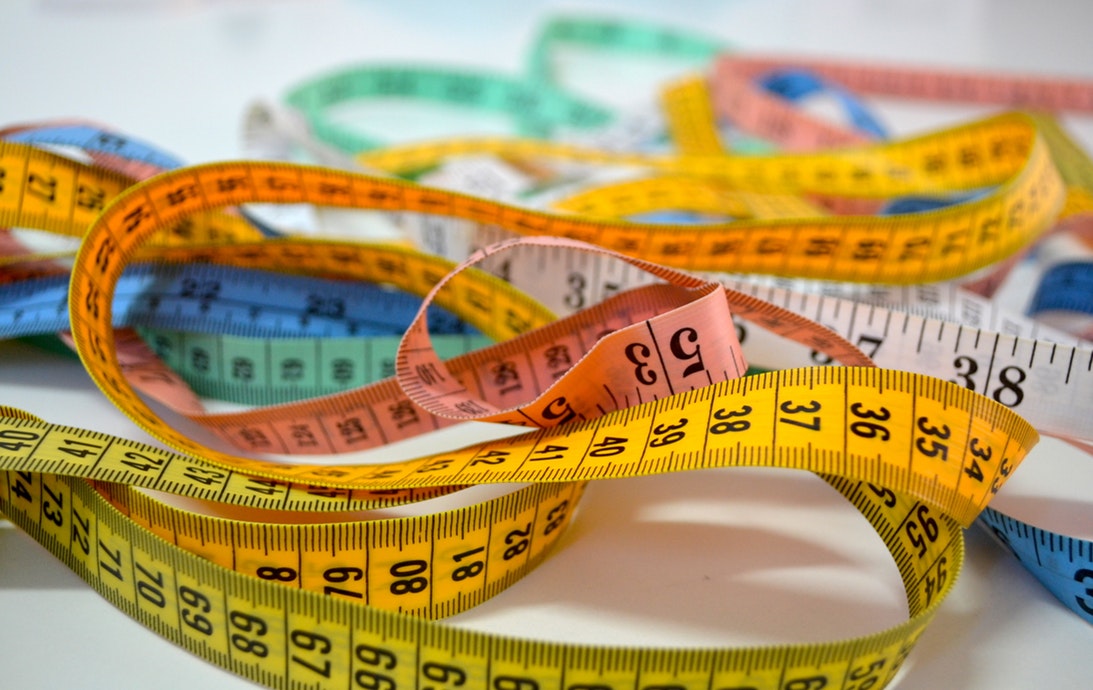If you are a female, weight loss advice you have been hearing is probably partially incorrect
The majority of weight loss advice given out is based on the study of males and females collectively, but a recent set of experiments and a rising thread of literature on weight loss indicates that men and women lose weight differently.
As the ‘new-year-new-me’ 2018 resolutions on social media have rolled in, a worrying number of online entities have published articles for this audience saying that even if we can’t find the time to exercise, reducing calorie intake is a healthy and effective way to lose weight.
The absolute principle of this certainly is true. If a person takes more calories in than they expend, they will gain weight; if a person expends more calories than they take in, they will lose weight.
This is an immutable fact of biophysics, but it doesn’t specify what the ‘weight’ is.
For example, Icelandic strongman Hafthor Bjornsson, best known for playing The Mountain in Game of Thrones, is contractually obliged to consume a minimum of 10,000 calories per day yet this increase in weight is stored in muscle rather than in fat.
Changes in body weight on a diet primarily come from changes in muscle or fat. This is an important distinction, as a low – yet still healthy – amount of fat is associated with a reduced risk of cancer, diabetes, stroke, and others. However, a reduction in muscle is associated with problems later in life, such as loss of muscle function and fragility, a reduction in basal muscle metabolism (meaning your daily rate of calorie burning for just existing decreases), and weakening of bones.
When people talk about losing ‘weight’, they tend to mean fat.
The first relevant principle is ‘use-it-or-lose-it;’ that if you don’t use a muscle, then your body will progressively reduce its size – the muscle will ‘atrophy’. This is why people who stop exercising eventually lose their muscle and why your sporty flatmate starts to look a bit smaller in the run up to exams – if they are studying instead of working out.
For trained men and women on a calorie restrictive diet, their muscles need to be exercised to maintain their mass. Without exercise they will lose muscle along with the fat.
This is where sex differences become apparent.
In untrained men, calorie restrictive diets without exercise will tend to reduce body fat, and a little bit of muscle. Being untrained, they have little extra muscle to lose that they don’t use in their day-to-day life so they primarily burn fat.
However, in untrained women, a calorie restrictive diet without exercise causes a reduction in muscle (and some bone) first and preserves fat, and only after this begins to burn fat.
Even more curiously, when untrained men and women on a calorie restrictive diet include an exercise regime, females seem to burn more fat – and preserve more muscle – compared to males.
Why should untrained men primarily lose fat, yet untrained women primarily lose muscle?
The short answer is that no one can say for sure. One leading hypothesis is that women have evolved to maintain body fat under calorie restrictive conditions, as it’s needed for reproduction – as female physiology won’t allow reproduction without a minimum threshold of body fat.
Experiments will continue to unravel these findings so expect updates as more experiments yield data.
Image: Patricia Serna

